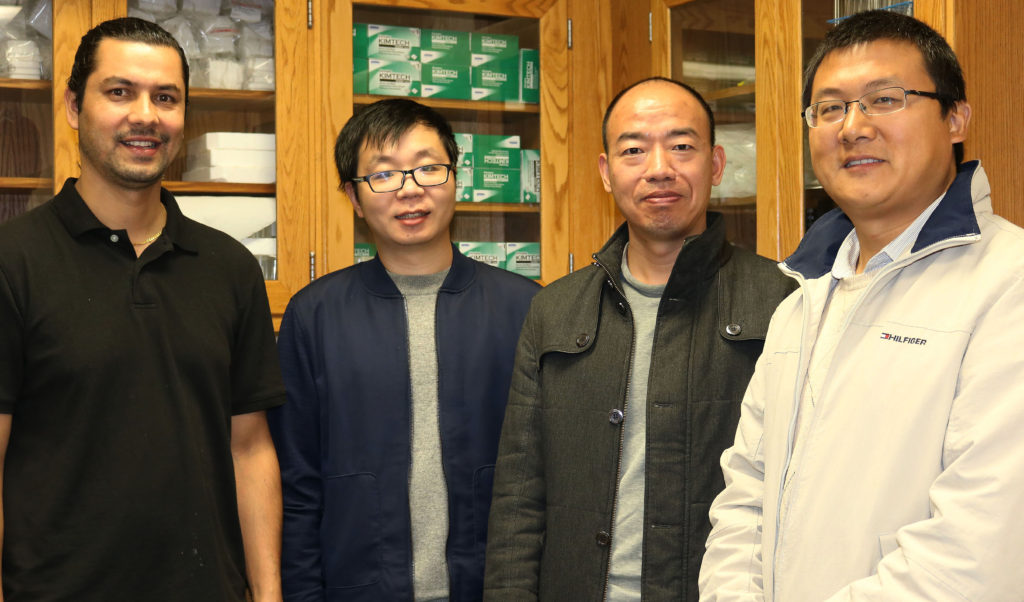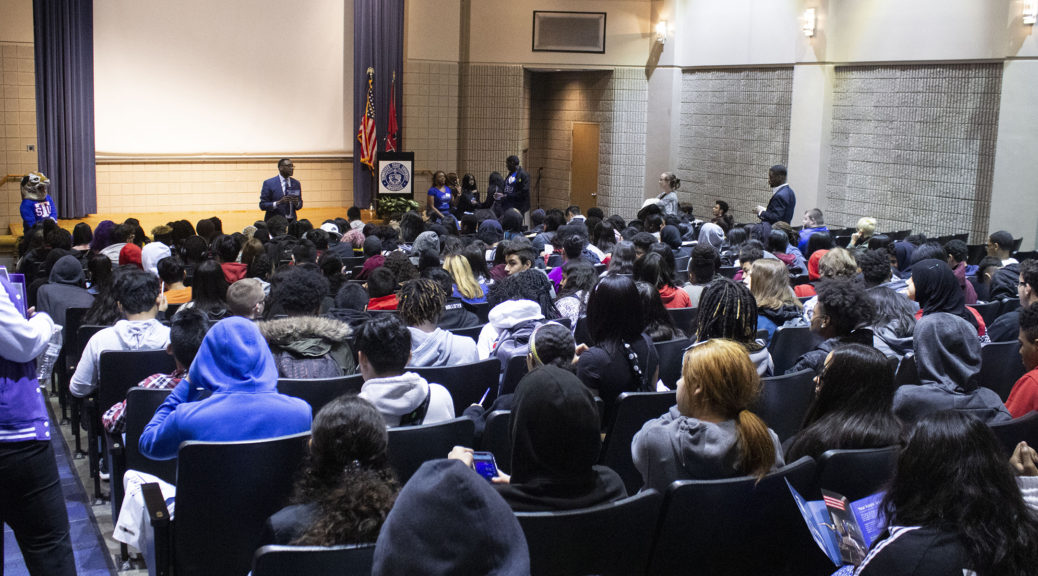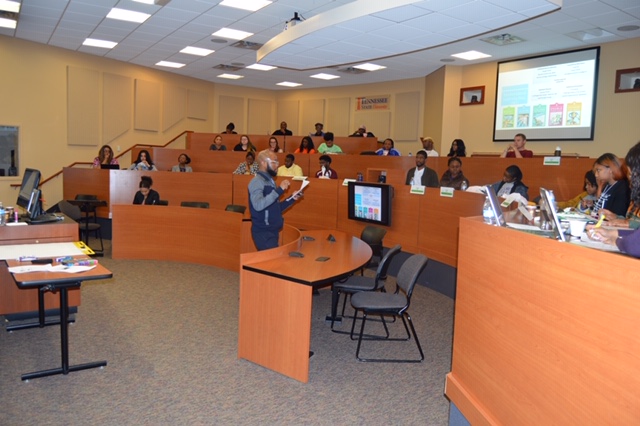NASHVILLE, Tenn. (TSU News Service) – A Tennessee State University agriculture professor has received close to a million dollars to conduct research that will study how crops adapt to climate change.
Dr. Jianwei Li received the $999,429 from the National Science Foundation. It will be used to study the effects of high temperatures on microbiome, or the combined genetic material of microorganisms in a particular environment, in cropland soils in Middle Tennessee.

Li said there is very little data in this area, and the consequential release of carbon dioxide into the atmosphere, which scientists say is one of the main greenhouse gases causing global warming.
“We want to increase soil fertility, productivity, and potentially reduce the carbon dioxide, greenhouse emission,” said Li of the research, which will help scientists better determine how much carbon dioxide is being emitted.
Earth’s global surface temperature last year was the fourth warmest since 1880, according to independent analyses by NASA and the National Oceanic and Atmospheric Administration.
Scientists say atmospheric levels of carbon dioxide are at the highest levels ever recorded.
Dr. Chandra Reddy, dean of TSU’s College of Agriculture, said the grant is “very timely.”
“The climate change is there, whether politically some of us believe it or not,” Reddy said. “It is a reality.”
Li will work on the project with co-principal investigators TSU professor Dr. Dafeng Hui, TSU associate professor Dr. Jason P. de Koff, and University of California, Irvine professor Dr. Steven D. Allison.
This fall, TSU scientists will prepare a research plot to grow the biofuel crop switch grass at the Agricultural Research and Education Center. Using a soil gas flux system, the plot will be kept heated even through winter, and soil and gas samples will be routinely collected in high frequency.
The grant also seeks to specifically train young minority students in global environmental change issues, including climate change. Each year, an undergraduate student will be selected to receive formal training for two months at the University of California, Irvine, where the student will acquire experience in molecular analysis and microbial trait-based modeling.
Li envisions the grant as seed money to help build a permanent experimental infrastructure and develop an interpretive display on climate change to educate farmers and school children throughout Tennessee.
To learn more about TSU’s College of Agriculture, visit http://www.tnstate.edu/agriculture/.
Department of Media Relations
Tennessee State University
3500 John Merritt Boulevard
Nashville, Tennessee 37209
615.963.5331
About Tennessee State University
Founded in 1912, Tennessee State University is Nashville’s only public university, and is a premier, historically black university and land-grant institution offering 38 bachelor’s degree programs, 24 master’s degree programs, and seven doctoral degrees. TSU is a comprehensive research intensive institution with a R-2 Carnegie designation, and has a graduate school on its downtown Avon Williams Campus, along with the Otis Floyd Nursery Research Center in McMinnville, Tennessee. With a commitment to excellence, Tennessee State University provides students with a quality education in a nurturing and innovative environment that prepares them as alumni to be global leaders in every facet of society. Visit the University online at tnstate.edu.

















